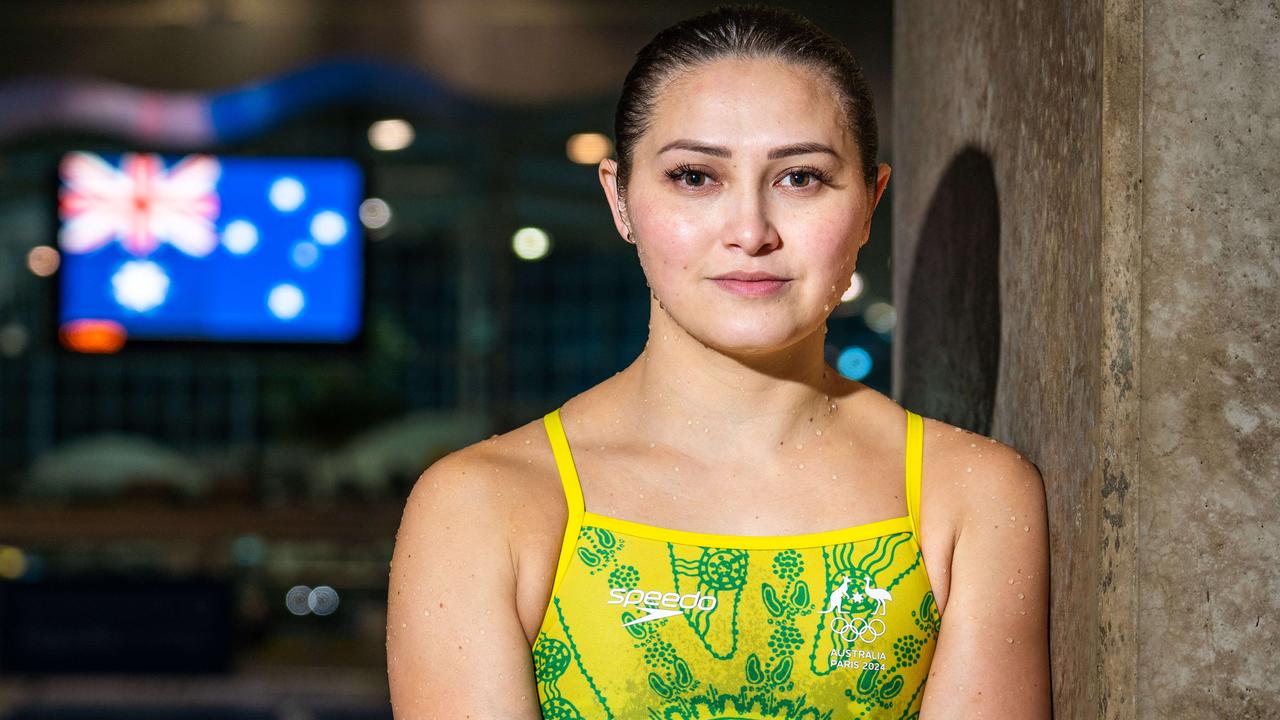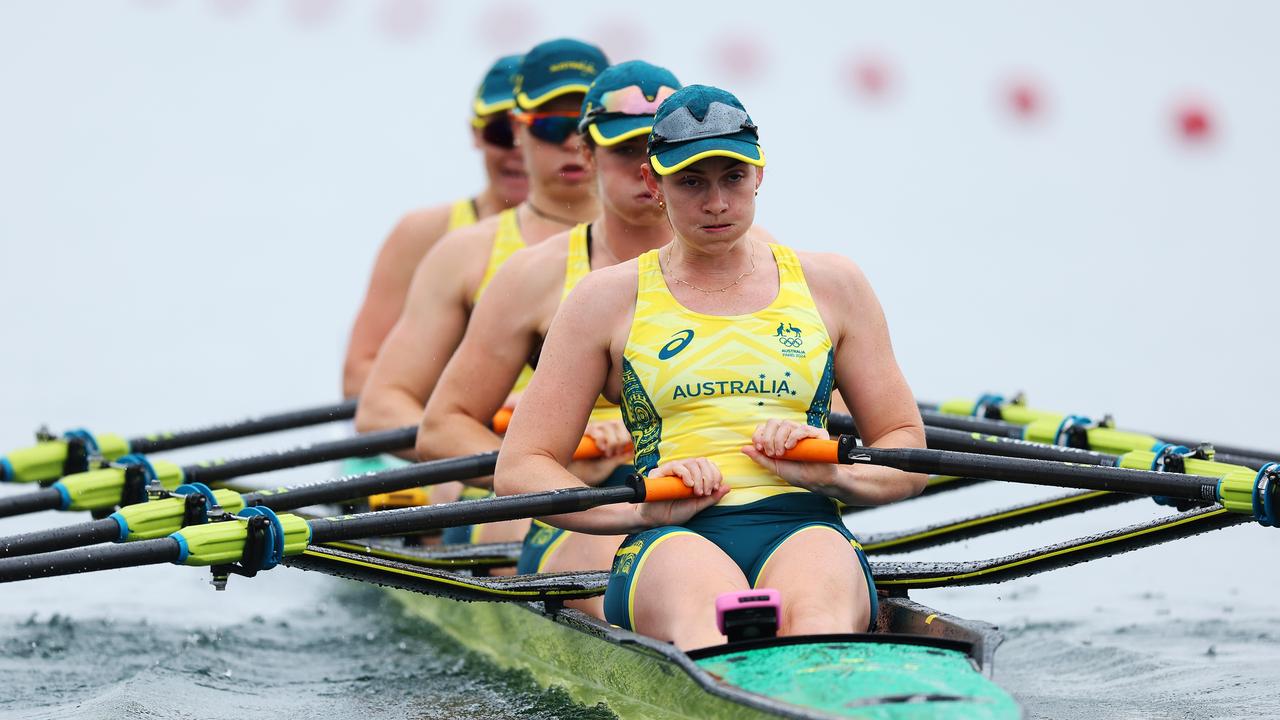2024 Games accused of trashing ‘spirit of the Olympics’
France’s “demonic” Opening Ceremony isn’t the only thing that’s riled up fans, as organisers sit accused of trashing the “spirit of the Olympics”.
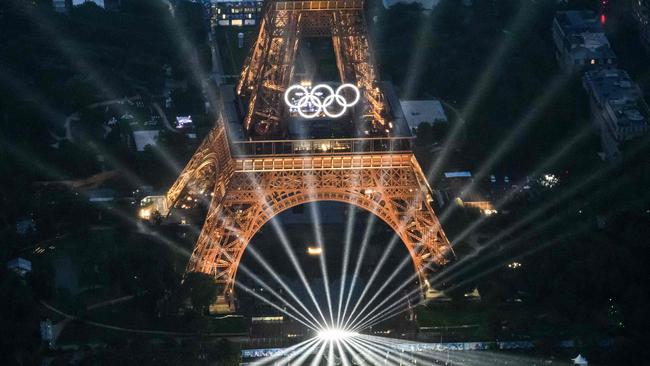
Olympics
Don't miss out on the headlines from Olympics. Followed categories will be added to My News.
To say the Paris Olympics has been under heavy fire over the past few days would be an understatement.
The “demonic” Opening Ceremony, fleshed out with a host of pseudo-artistic dances and set pieces, left countless viewers scratching their heads at exactly what message the host city was trying to put in front of 2.4 billion eyeballs across the globe.
The Olympics now appears to have deleted its own video of the Opening Ceremony as heavy criticism continues to flow.
The rapid deletion was even more interesting given the full-length versions of the ceremonies for Games dating back to 1998 are all still available on the channel.
Some critics say it was a knee-jerk reaction from organisers to wipe the video as millions branded their bold attempt at ridiculing an entire religion as “disgusting”.
But there’s another big issue that fans are taking aim at after day one in Paris, and it has nothing to do with blue performers in g-strings.
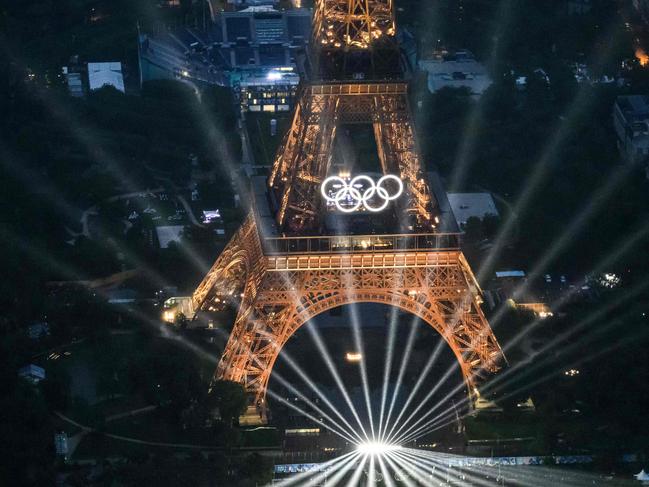
Since its inception, the Olympics has built a brand off bringing the world together, especially in times of crisis. No matter the powder keg state of global geopolitics, the barbs thrown between nations, or even who is at war, the Olympics persists as a place where planet Earth can put down the guns and watch their athletes duke it out on track instead, at least for two weeks.
Even North Korea, one of the world’s most isolated and trigger-happy nuclear states, is invited.
So it’s easy to see why people are disappointed by the corporate bureaucracy of the International Olympics Commission on full display just 24 hours into proceedings.
The licensing and copyright behind everything we see broadcasted from Paris is bound by strict regulations designed to make the most money. TV networks bid for the rights and because they pay enormous sums, everyone else is essentially kept in the dark. However, the IOC also claims it wants “the widest possible audience in the world for the Olympic Games” in its charter.
But the IOC’s copyright police have already been unleashed on the internet, with footage breaching copyright already being scrapped, sparking a fresh wave of backlash directed at the Games organisers.
By deleting footage uploaded by others, they have been accused of cheapening the “spirit of the Olympics” by focusing on the bottom line.
“IOC is copyright-striking clips of the Olympics. This goes against the spirit of the Olympic Games,” popular podcast host Lex Fridman tweeted.
“As the charter states, the IOC must ‘ensure the widest possible audience in the world for the Olympic Games.’ Make it accessible to everyone, everywhere on all platforms.”
Elon Musk, a recent guest on the podcast, was also fed up.
“Yeah, not cool,” Musk replied.
Even Australia’s national broadcaster has been thrown under the bus. Offsiders host Kellie Underwood was forced to do her best while giving Aussies the Sunday morning rundown of the green and gold’s successful day in the pool. The program, just like many others around the world, has been forced to use still images of the events.
Hats off to the graphics team for slightly rotating the handout pictures of Emma McKeon and Ariarne Titmus on the podium to give them a bit of life.
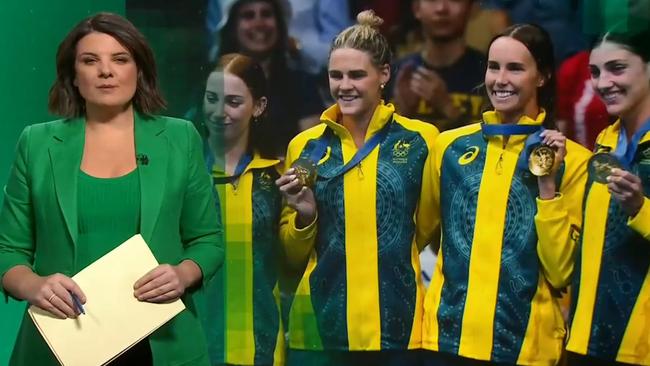
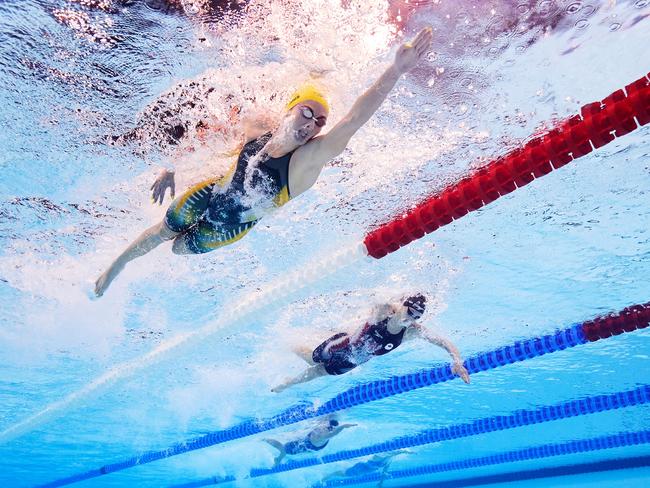
One fencing fan shone light on the issue, saying that the strict licensing was playing a role in the decline of the less-mainstream sports. For most people, the Olympics is the only place where they’ll see competitive trampolining, sword fighting and table tennis.
The fan argued that because the IOC keeps high-definition footage from their events under lock, content creators are unable to produce breakdown videos and explainers that keep a sport’s culture and interest alive.
They can try, but they risk being struck down by a lawsuit.
“It’s ridiculous that people are having to screen record bouts and archive them privately because if they don’t they will never get to watch the matches again,” the fan wrote.
“Year after year the Olympics are filmed in amazing venues, in beautiful quality and then all footage has to be stowed away in private collections. If the IOC don’t want others to upload matches then they should do it themselves but for some reason they won’t.”
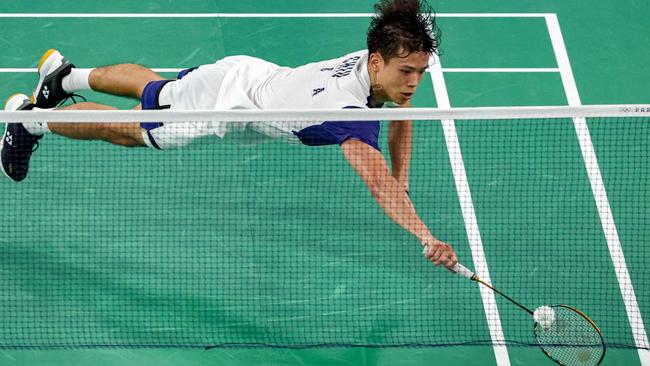
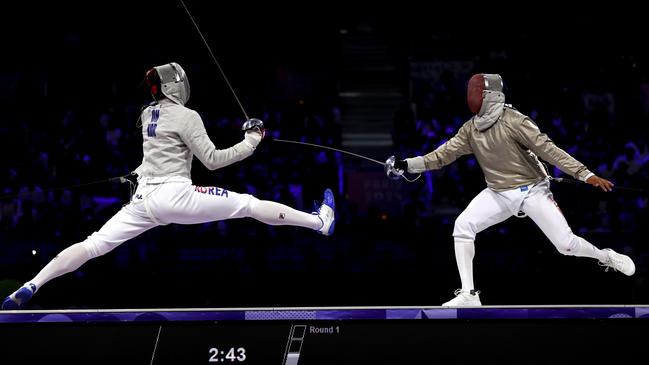
The guidelines, as Logan Paul found out last week, are tighter than a fish’s proverbial.
The Youtuber’s energy drink has been sued for using words that the Olympics apparently owns in a marketing campaign featuring the US basketball team.
According to the lawsuit, the energy drink brand repeatedly used “Olympic-related terminology and trademarks” in its packaging and in online advertising campaigns.
The phrases include “Olympic,” “Olympian,” “Team USA,” and Going for Gold,” according to the lawsuit.
The Olympic Committee’s is seeking all profits associated with the further sale of the energy drinks, as well as an undisclosed monetary amount in damages.
The Olympics can be viewed on Channel Nine or Stan Sport in Australia.
Originally published as 2024 Games accused of trashing ‘spirit of the Olympics’




